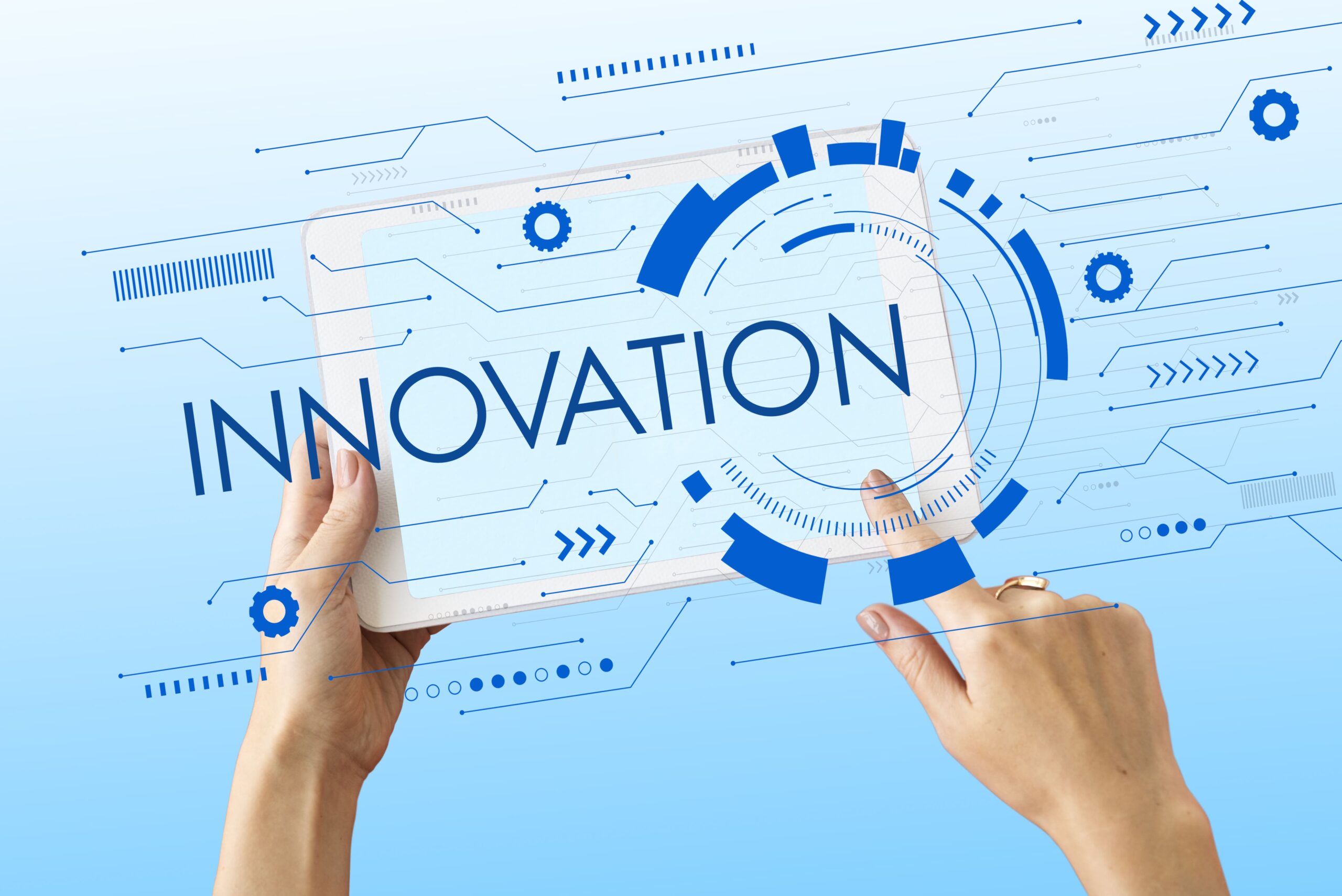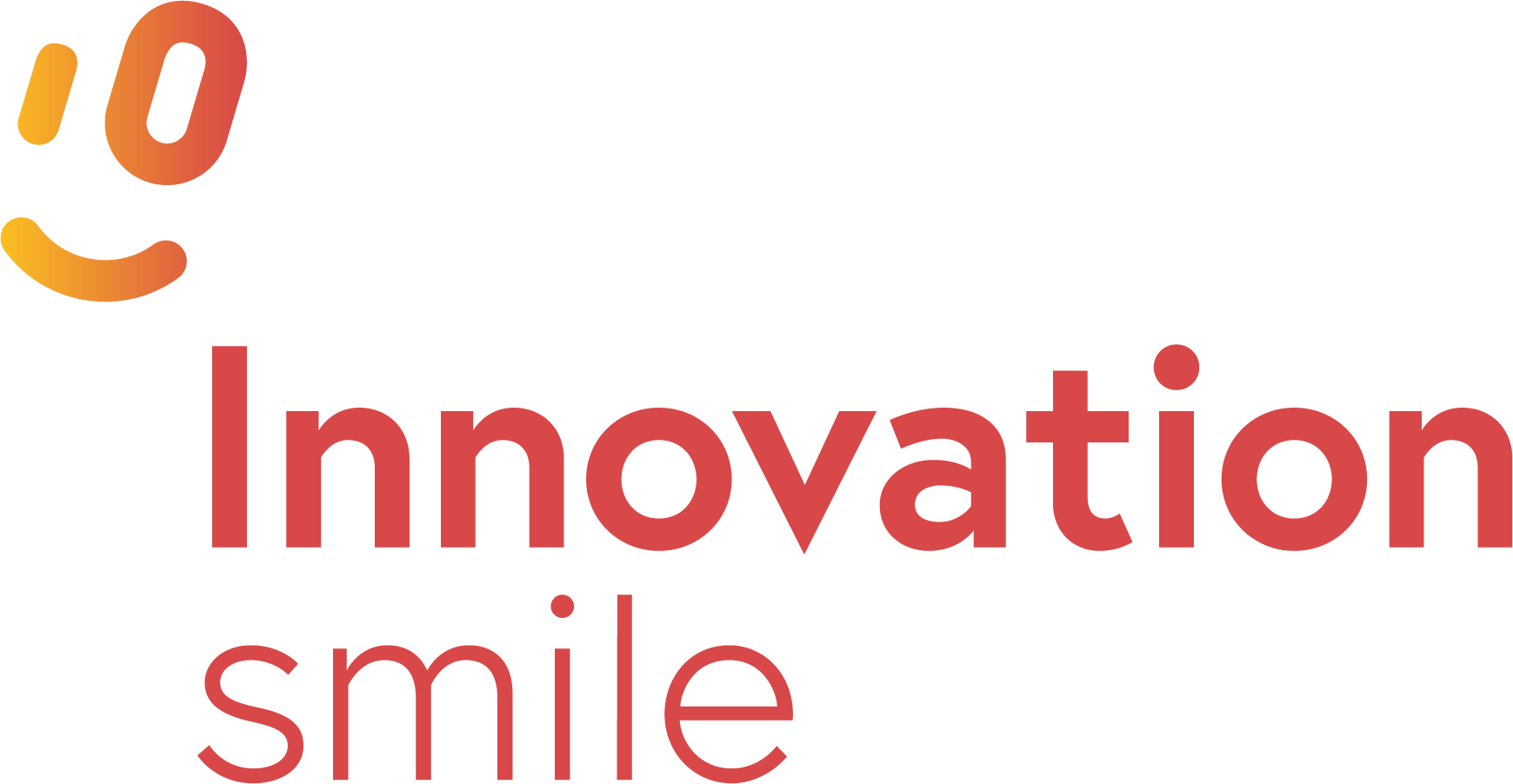
What Does Innovation Mean in 2022?
See the different types and real-world examples
- Jolanda Burgers
- July 20, 2022
Innovation is the term on everyone’s lips. You can go in many directions with innovation. Have you been wondering what it means? I have been looking and here you go:
Innovation comes from the Latin word ‘’innovare’’ which means something along the lines of the creation of something new. A well-known saying about innovation is: “Everyone does have ideas, innovation is the successful exploitation of those ideas.” I also found this definition: Innovation is creating a product or service based on discovery and invention and bringing it to the market while at the same time is also being accepted by the market (source: ESCP Business School).
Different forms of innovation
Innovation can come in different forms. For example, consider market pull versus technology push innovation. A technology driven innovation can exist in the form of an incremental innovation (the latest Apple iPhone with new camera features) or a radical innovation (introduction of AI technology).
Effects of innovation
Innovation can lead to (temporary) monopolistic positions. Google, for example, has a competitive advantage by constantly introducing new services to the market in order to stay relevant for their customers and to keep up with the competition and survive. Another effect of innovation is positive customer perception, otherwise known as brand loyalty. Apple reates both brand loyalty and a lock-in by continually introducing new gadgets and features. A third effect is the attraction of outstanding staff. In the book from E. Meyer and R. Hastings (2020) about ‘No Rules Rules’ Netflix is constantly attracting outstanding staff who really want to contribute and become part of Netflix culture of reinvention. A result of these innovation effects is the increased chance of business success (Dess &Lumpkin (2005), Engelen (2015)).
User-led innovation
Innovation cannot exist without the involvement of end users in the innovation process. That is why I would like to add one more definition from literature that comes from Eric von Hippel (professor MIT sloan): user-driven innovation (U.D.I.) aims to incorporate user needs by giving users an active role in the innovation process. User-driven innovation helps companies to compete in a global market by developing what the customers or end users want. An example of user-led innovation that I particularly like comes from the book New Power by J. Heimans and H. Timms (2019) who speak about the fashion retailer, Patagonia. They have embraced a highly collaborative relationship with its consumers by opening up information about their supply chain and letting customers think about how to improve their production process to champion causes like climate change.
- What is your favorite definition of innovation?
- Leave me a comment in the description box below!
Tags:
Recent Posts:
-
Discovery by Doing: What I Learned About Innovation from the Frontline
-
Design Thinking with AI: Unlocking the Creative Leader Within
-
Are Fuck-ups the New Success?
-
The Human Spark: Why Creativity, Not Just AI, Defines Business Design Innovation
-
Innovation tales from Japan: where tradition meets tomorrow

